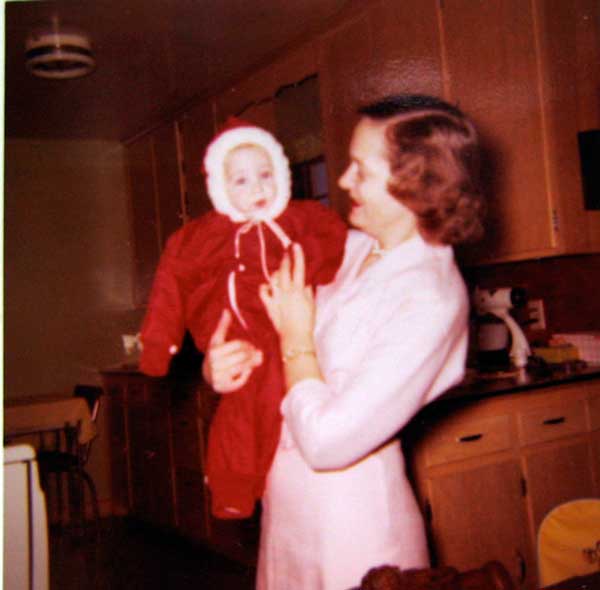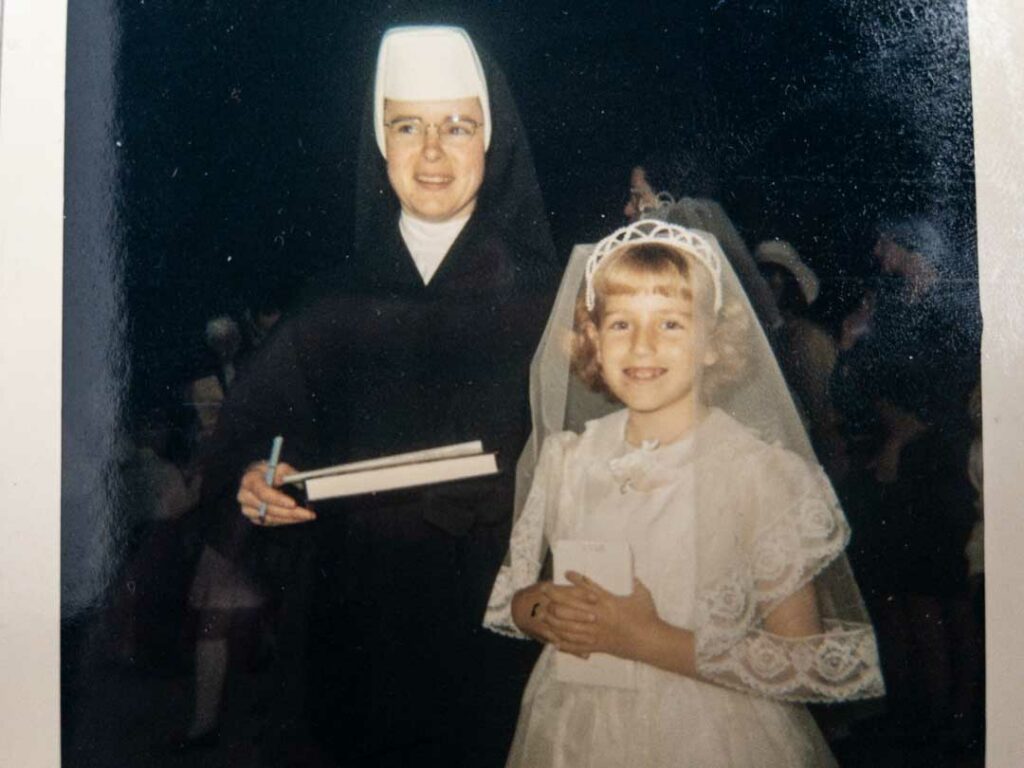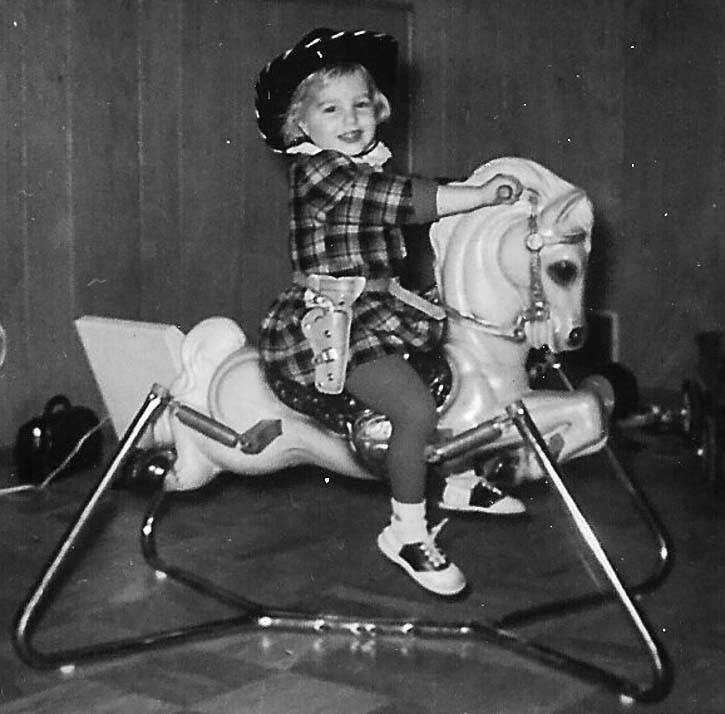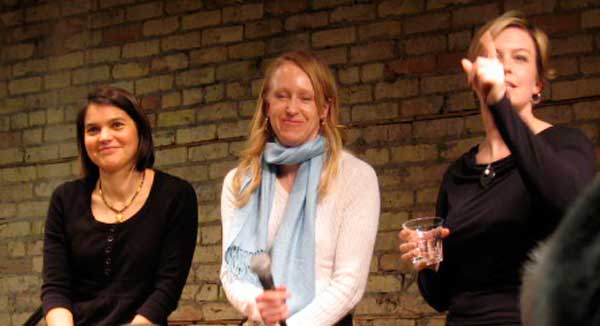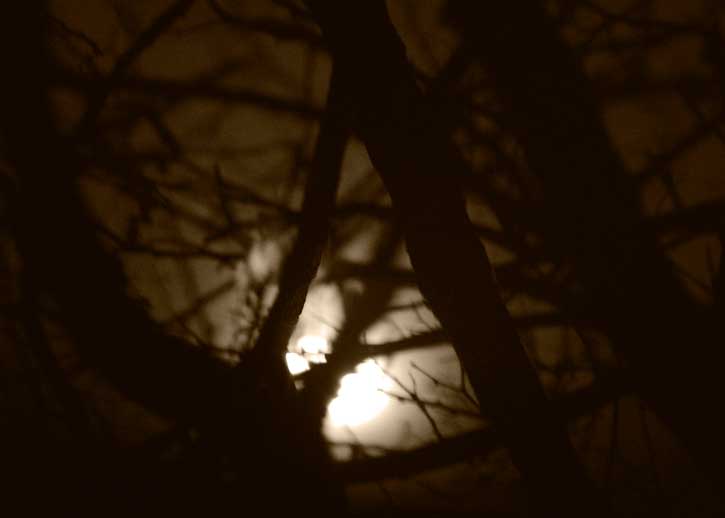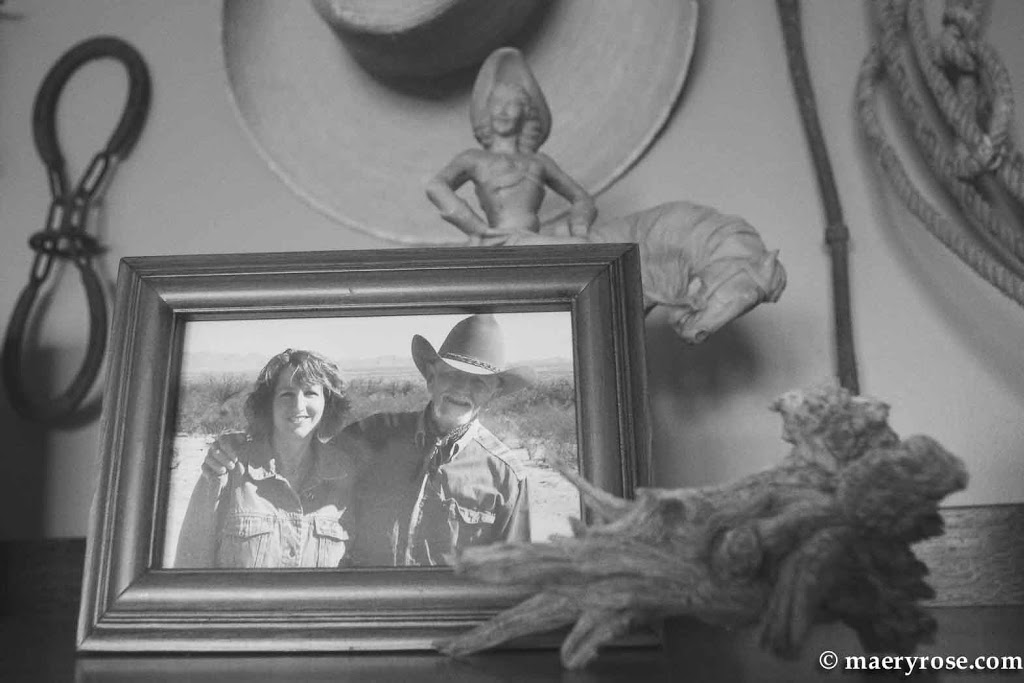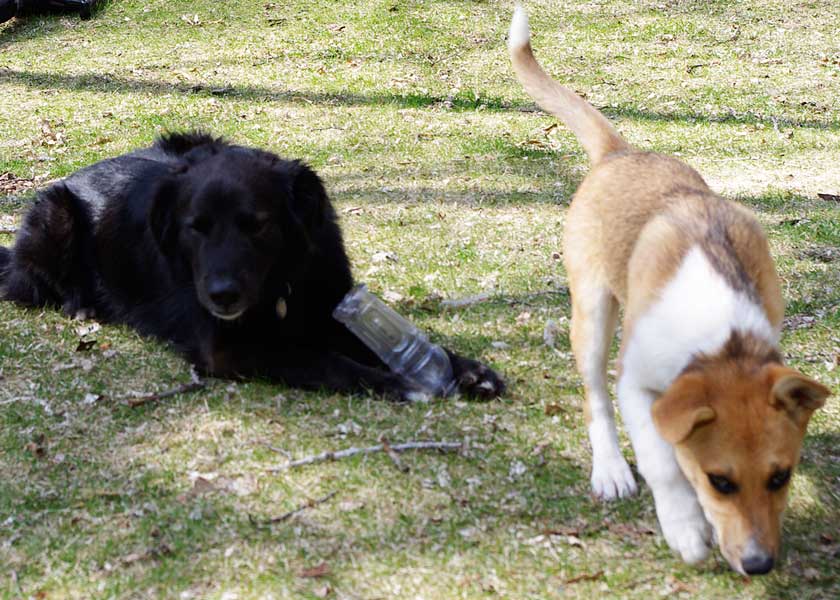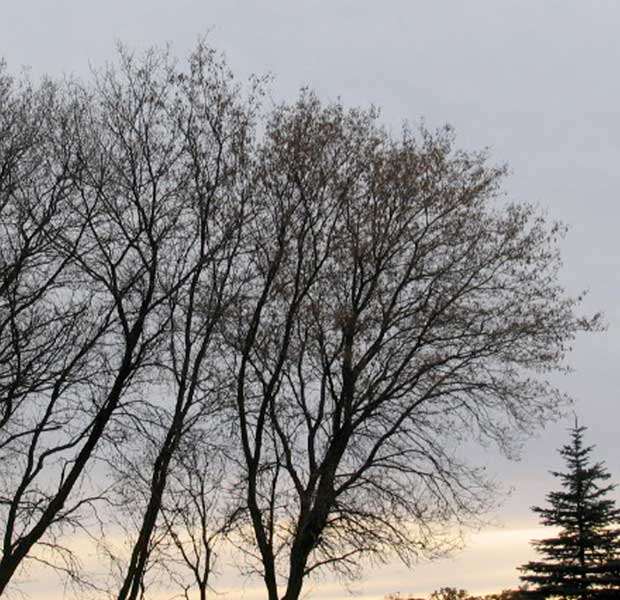November: Adoption Awareness Month
Adoptees Speak Up
“When we are young, before our first broken bone or chipped tooth, we romped with abandon and gave our all to every adventure. As life teaches us to be careful and to avoid pain, we become less reckless. As society tells us which behavior is “okay,” we monitor ourselves more and more, adding a “civilized” veneer to all we do. But the heart is unruly. When was the last time you let yourself step wholeheartedly into a situation without your head interfering?”
Maia Toll, Wild Wisdom Companion
Yes, when we were young… Before our families and society drove it into our minds and our bodies what behaviors, attitudes, and looks were okay. Before we learned to keep our mouths shut.
And how do these thoughts relate to the US Senate passing a resolution to designate November as National Adoption Month? It’s not as though they did so, intending to have adoptees speak their minds about their experiences. And yet, that’s what some adoptees are doing.
I’m thrilled to be a part of The Rumpus literary magazine’s series of adoptee essays intended to raise awareness of adoptee voices during the month of November. You can read my essay “The Mothership” in the magazine as well. It’s about my longing to find my birth mother and how being an adoptee made me feel like an alien.
You can also read editor Lauren Sharkey’s piece “About The Rumpus’s Adoptee-Themed Month” that further explains the series. Lauren played a large role in editing and promoting the essays the magazine published.
Adoption Past and Present
Since 1995, November has been designated as National Adoption Month or National Adoption Awareness Month (NAAM), which is what some of us prefer to call it. This started long after I was an adult and living away from home. I’m not sure how my parents would have felt about NAAM. They wanted to blend in, to have our family look like any other family. The main point of adoption for them was to have children, like everyone else they knew.
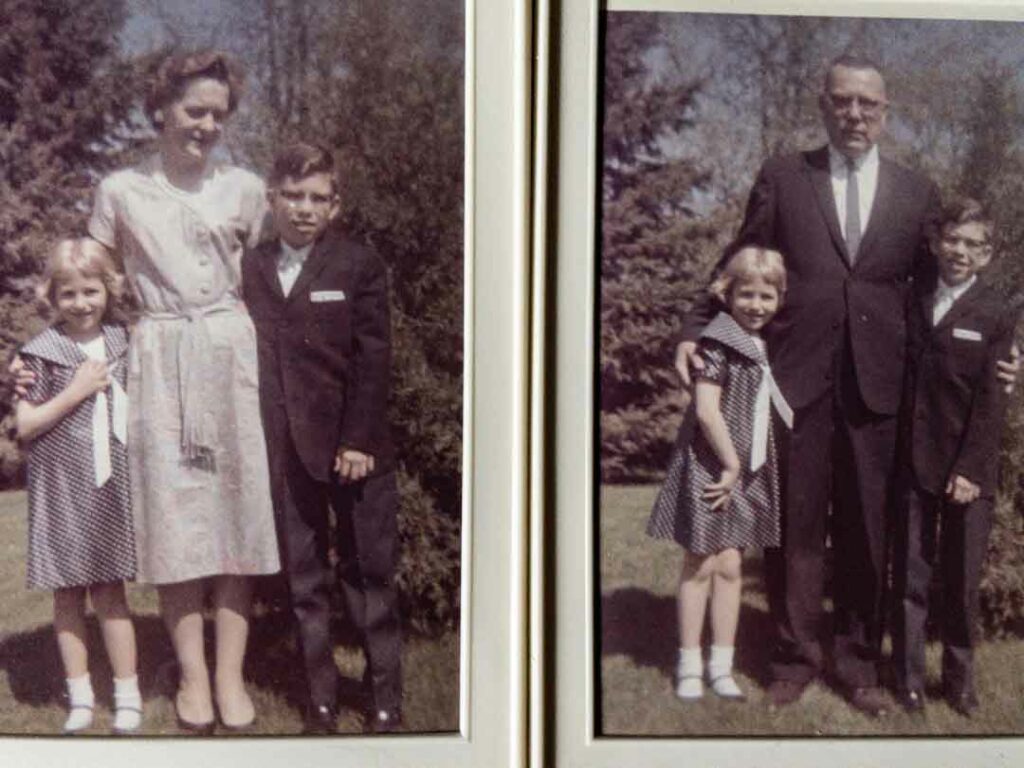
Other things have changed about adoption since my completely closed adoption took place. Adoptee Rights Groups and lawyers have been able to open up access to original birth certificates (OBC) for adoptees in some states. Each state has their own laws.
Many people are not aware that adoptees have two birth certificates: the Original Birth Certificate (OBC) that is issued at the time of their birth (this is the one that is sealed away from us); and the second birth certificate that is issued when a child is legally adopted, which lists their new adoptive parents and their new name. It’s kind of like going into the Witness Protection Program.
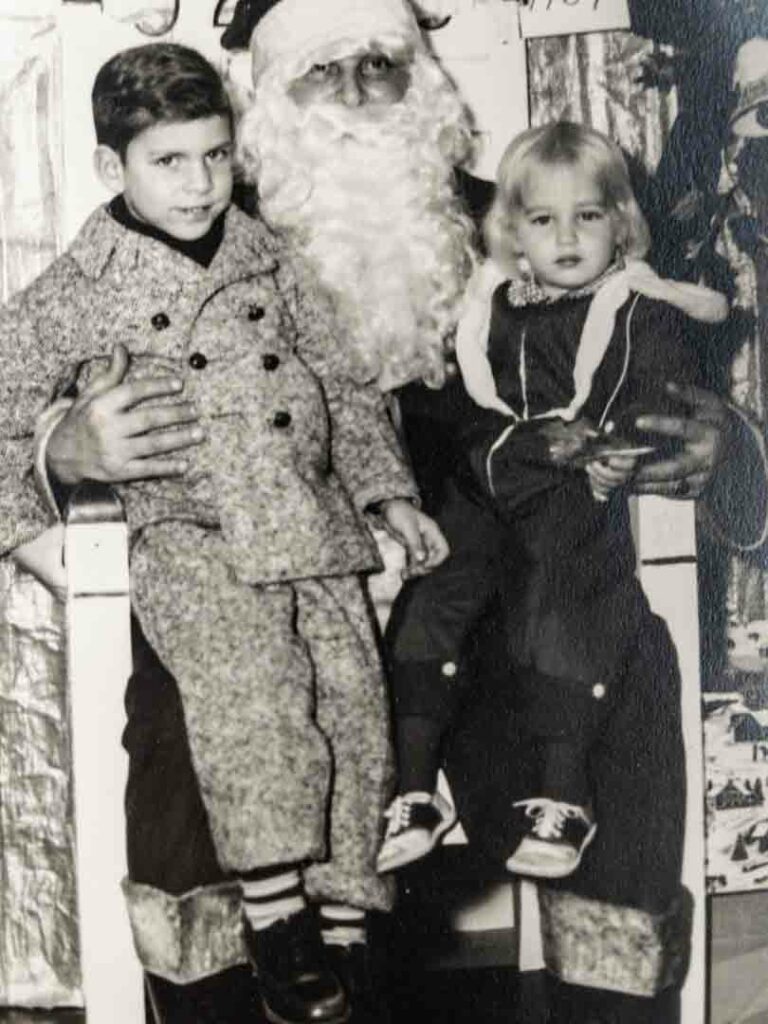
Beginning in July 1, 2024, Minnesota adult adopted people can apply directly for their OBC through the Minnesota Department of Health and pay the same amount as anyone else requesting their birth certificate. To read more about this change, you can read Minnesota OBC New Law FAQ.
To read about my quest to find my birth family and later, to obtain my OBÇ, you can read When an Adoptee Searches for Ancestry.
November is almost over. But here are a few other places you can read or hear adoptee voices:
- “I’m Not Grateful to Have Been Adopted, But I Am Thankful To Have Grown Up In A Wonderful Home”, an Interview with Angela Tucker by Yvonne Liu. Angela Tucker provides a well-balanced view of adoptee concerns, including those specific to transracial adoptees. Her book “You Should Be Grateful” Stories of Race, Identity, and Transracial Adoption was published in April 2023.
- “Flip the Script” on National Adoption Month YouTube video (13 minutes): This video was released 9 years ago, but the sentiments are current.
A couple organizations I’d like to mention:
- Adoption Mosaic: They serve all members of the adoption constellation through adoptive parent courses, professional services and consultations, and through presentations, keynotes, panels and their “We the Experts: Adoptee Speaker Series.”
- Adoptees United: Provides updates on adoptee rights legislation in all fifty states, the District of Columbia, and US Congress. I have taken part in their online events and been able to hear other adoptee experiences directly from people most affected by them.
On December 3, Adoptees United is having a Book Party and Author Talk with Susan Kiyo Ito, US-born adoptee and author of the memoir I Would Meet You Anywhere, and Liz Harvie, UK-born adoptee and author of Unspoken: The Silent Truth Behind My Lifelong Trauma as a Forced Adoptee.
Tomorrow is designated as Thanksgiving Day, a holiday I approach with mixed feelings. I’m sorry for what it signifies when associated with the Pilgrims coming to this world and the colonization and devastation that occurred afterward. Even the idea of being thankful has been difficult at times. My adoptive parents and brother are deceased. My birth family lives far away as does my own child. It’s a lonely time without any of them to gather with. And I have not been very at peace with how my life has gone. But I’m learning to see the gifts in having two families shape me. I’m a mix of very different lives and genetics, both of which I’ve taken in and discovered how to make my own. It’s taken a lifetime to learn this. And for being able to see the good amongst the grief, I am thankful.
